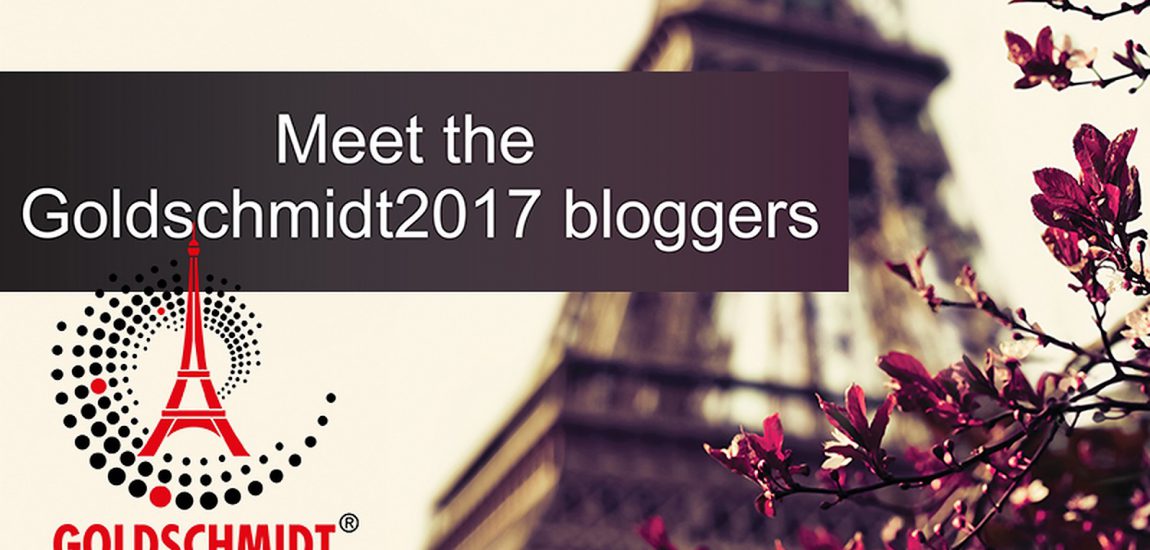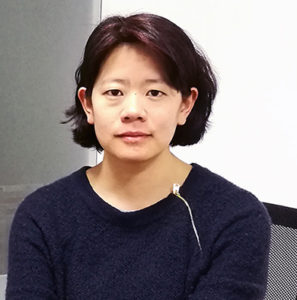
Dr Li Zhang – the freedom to fail

Dr Li Zhang is the 2017 Shen-su Sun Awardee. Dr Zhang shares her thoughts on what it feels like to become an award winning scientists, explains how she was given the freedom to fail, and feels that the dream of all people must be to know the unknown.
This interview focuses on the interviewee, and therefore my own commentary is reduced to an absolute minimum, for now.
Sami: Congratulations on the Shen-su Sun Award. How did it feel to win this prestigious award?
Li: I felt happy that people really appreciated my work, and especially because I am so new being back in China. I felt isolated in my new environment in China having been in the USA for so long, but the award made me realise that people have noticed me, and that I am not ignored.
Sami: How would you describe yourself, professionally?
Li: Well, I work in high-pressure mineral physics and geochemistry. I consider the physiochemical state of melts and solids (materials and minerals). I think I am a focused person, and most of my work is technically challenging. Basically, I like to tackle difficult problems which require a lot of experimental development.
Sami: What is your current position?
Li: I am a staff Scientist at HPSTAR in China. My position gives me a lot of freedom to do research, to supervise students, and I also have teaching as an option.
Sami: Who are you, personally? What are your non-scientific hobbies?
Li: Culture, like history, museums, movies, books. I want to know how human society evolved to what it is today.
Sami: What career challenges have you faced? What do you identify as a major challenge to early-career scientists?
Li: For myself, I struggled most with identifying what’s the frontier research. This is especially difficult for early-career scientists with short contracts because you may only have 2 years, and you must get a publishable result. It is stressful to do, but it is my primary task to make sure my own team are working on important problems. I think we must ensure we consider our student and postdocs futures when we set them research programmes. We also need to make sure we give them good and honest information about their direction. This is more work, but it’s worth the time, and challenge. We must also tailor our training because all people are different, and there is no single style of training that will be good for everyone.
Sami: Has the EAG or the Geochemical Society played a positive role in your professional development? Or person? If so, how?
Li: Things were not perfect after my PhD, and I did not feel like a very independent researcher after my PhD, but this all changed because of the Geophysical Laboratory (Carnegie Institution of Washington). I was a pre-doc, and a post-doc, and then a research scientist. They exposed me to a lot of scientists around the world, and suddenly all the names I’d read on papers became people I knew. Also, the HPCAT beam-line staff was incredible. My mentors at the Geophysical Laboratory allowed me to have a lot of freedom to fail, and I did fail a lot. But I was also able to take massive risks with full support, and this is how I made discoveries. I felt very lucky that I was part of the Carnegie community, because of the freedom and ongoing support.
Sami: If you had a time machine and could witness any event, or see any period in geological time, what would you choose to see?
Li: I find it hard to answer because we cannot have a time machine, physically. And looking back is seeing something that has already happened. For example, we all wonder about outer space, and the dream of all people must be to know the unknown. So, if I had a time machine I’d do it differently. I think I’d rather go forwards in time, and not backwards. I want to see how much space exploration has advanced. For example, when can we have vacations on Mars!
Sami: Interesting that your research is always trying to do now things, and your desire would be to go forward in time, and not backwards.
Li: Ha, yeah. Maybe I think forwards.
Sami: Thanks for agreeing to this interview, and a MASSIVE congratulations on the 2017 Shen-su Sun Award!
